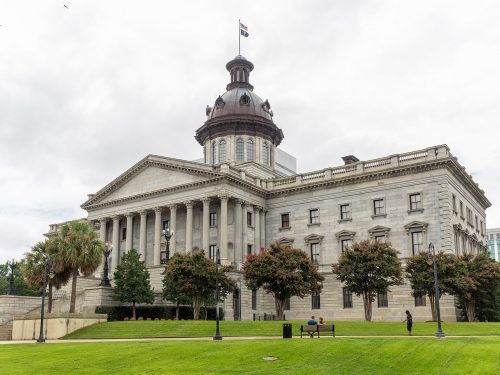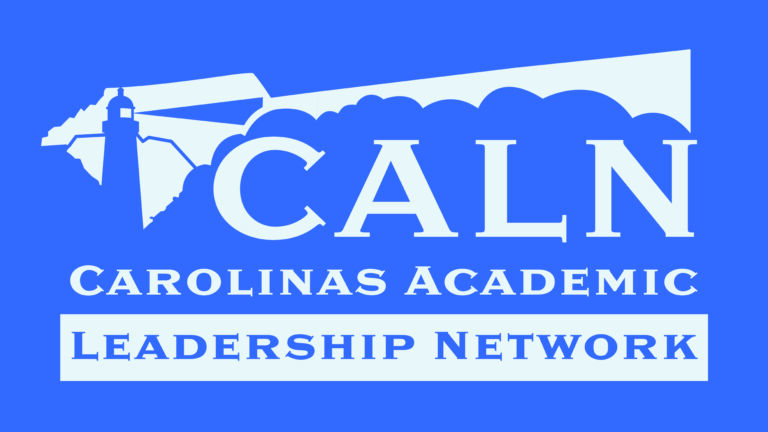South Carolina special session on tap to spend $5B
PPI senior fellow Oran Smith is quoted in this Center Square article on the South Carolina state budget.
(The Center Square) – The South Carolina General Assembly adjourned its 2021 regular session last month but lawmakers will return to Columbia on June 8 for a special session to allocate as much as $5 billion in recurring or one-time money.
On tap during the session will be figuring out how to spend $385.8 million in recurring “new” money, up from $182.8 million forecast in November by the South Carolina Board of Economic Advisors (BEA).
The BEA also identified $646 million unspent “surplus” in the current fiscal year, meaning about $1.3 billion in “one-time” money is available.
The BEA boost, updated April 8, was not included in House Bill 4100, the state’s $30 billion fiscal year 2022 budget that outlines $9.8 billion in state revenue allocations but omits the additional $1.3 billion in “one-time” money
Also not included in the fiscal 2022 budget, which goes into effect July 1, is $525 million the state will collect from a Savannah River Site settlement and $2.1 billion in federal assistance from the American Rescue Plan Act (ARPA) the state will receive through December.
Under ARPA, the state will receive $2.095 billion and $188 million for capital projects, counties will get $999 million and cities $145 million, with $442 million earmarked for districts, all collectively totaling $3.869 billion.
In addition to aid for governments, federal allocations to South Carolina public schools within the Elementary and Secondary School Emergency Relief Fund (ESSER) Act has delivered $3.268 billion in assistance, of which only about $100 million had been spent as of May 30.
The Palmetto Promise Institute, a Columbia-based taxpayers advocacy think tank, said that means there is $7.137 billion in federal assistance in the state or headed to the state by year’s end with lawmakers potentially able to spend up to $5.2 billion in one-time allocations during the special session.
“So, what is a fiscally conservative legislator to do when faced with this level of largesse?” asked Dr. Oran P. Smith, a Palmetto Promise Institute senior fellow, in an analysis of the state’s options in spending the one-time money.
Palmetto Promise recommends the state bank the $1.3 billion in “new” non-recurring state monies rather than spend it.
“As a rule, historic trend lines show that when we have it, we spend it,” the institute stated. “When we take in less, we spend less. While that ‘strategy’ might balance the budget year-to-year, it doesn’t create long-term certainty. And it certainly is precious little comfort to hardworking taxpayers who, come feast or famine, know they will pay the highest in the Southeast personal income tax rate.”
Palmetto Promise recommended lawmakers “hold non-recurring funds in reserve, and fill rainy day funds. The General Assembly should also freeze spending at the level adopted only a few months ago to allow for a rebate to taxpayers or a reduction in our 7% personal income tax top rate.”
The institute has 10 ideas on how state and local governments should spend the $3.89 billion in ARPA assistance, including paying down debt, investing in broadband and “fixing our fractured education funding formula.” Other ideas include:
• Return most ARPA funds to the U.S. Treasury. “Always a longshot, but worth mentioning nonetheless,” the institute offered;
• “Funds should not be used for recurring expenses or for offices or entities or programs that could require state funds in the future after the federal dollars run out.”
* Follow “the lead of other states in creating a joint Senate-House ARPA Legislative Oversight panel.”
• Cut taxes. Under a pending U.S. Treasury rule, only states that have seen revenues rise due to organic growth can issue tax cuts under ARPA. “That would clearly include South Carolina!”







